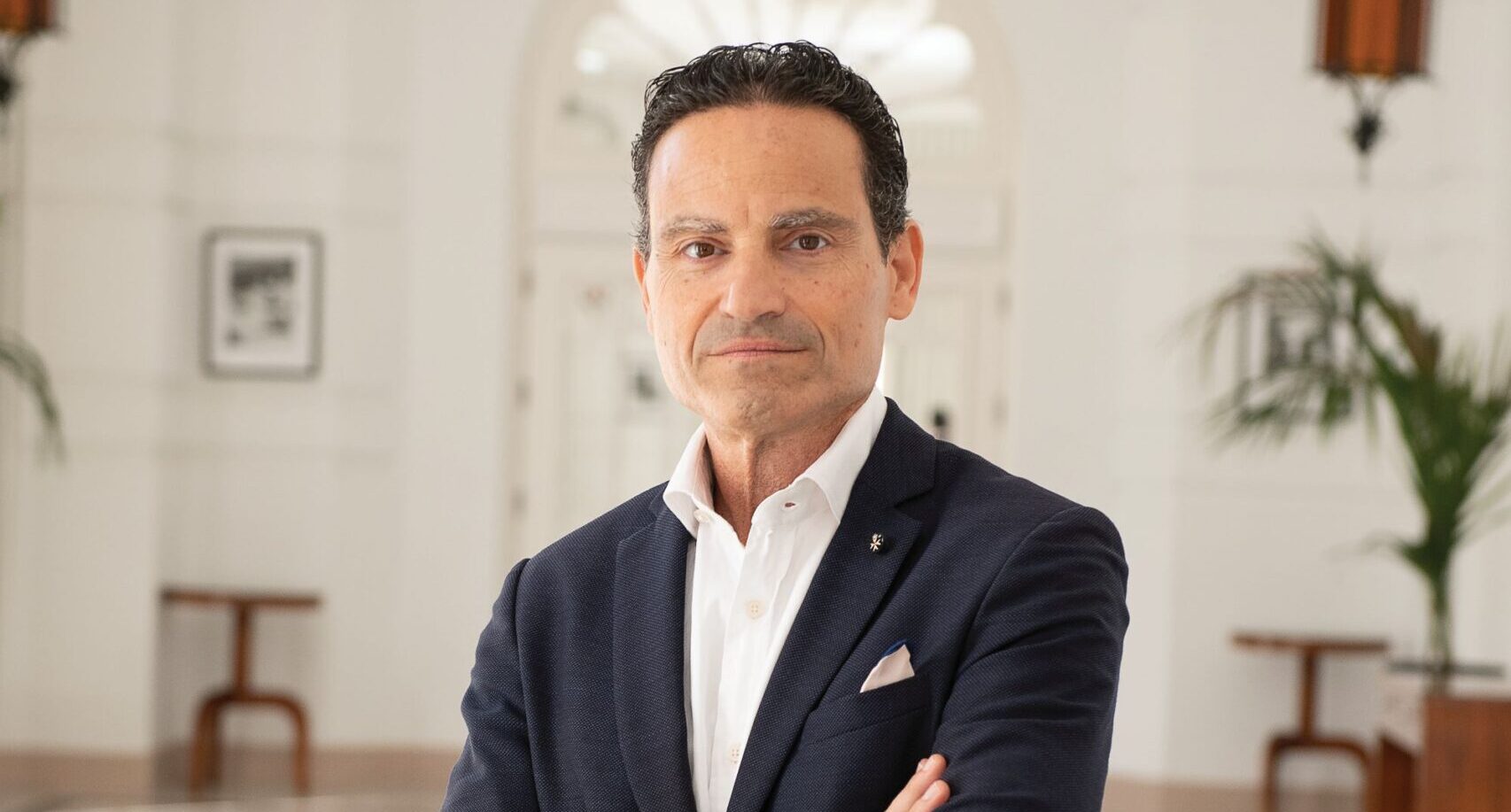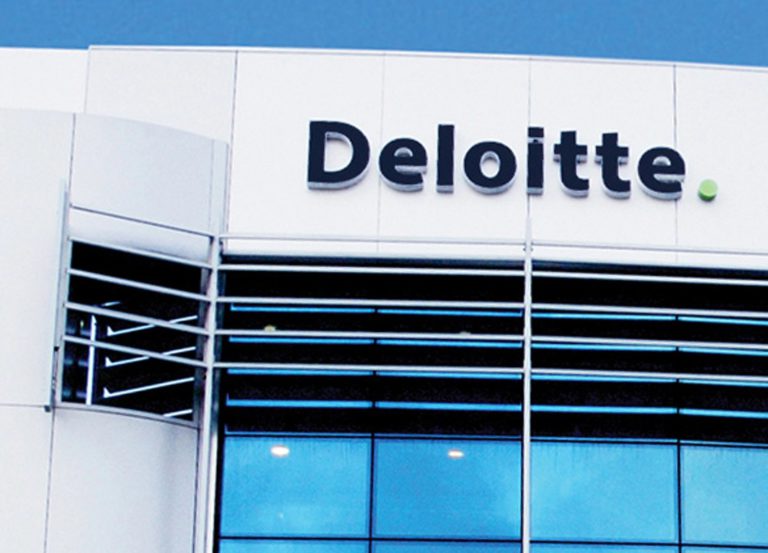From record-breaking tourism figures to a booming construction sector, Malta has enjoyed sustained economic success, but as the island’s economic landscape continues to evolve, questions have arisen about the sustainability of its current growth model.
In the first of a seven-part series, first featured on Business Now magazine, the sister brand of BusinessNow.mt, we explore the insights of Chris Vassallo Cesareo, President of the Malta Chamber of Commerce, Enterprise and Industry, the independent voice of the private sector in Malta.
Describing it as “labour-intensive”, Chris believes that Malta’s economic growth model needs to be put on more sustainable footing, whereby economic growth can be achieved with less labour input to improve the quality of life and rein in the stress on Malta’s infrastructure.
“Our bottom-line GDP will only continue to grow if there is a clear strategy that addresses what is increasingly meaning more to people and to sustainable business models. Otherwise, we will eventually be outpaced by our competitors on all fronts,” he warns, highlighting the Malta Chamber’s calls for Government to incentivise a shift towards an economic model which is not dependent on increasing the population.
“The present economic model requiring the importation of an additional 20,000 workers annually is unsustainable and is pushing the country’s infrastructure to breaking point,” the Chamber President asserts.
According to Chris, considerations around a new economic model for Malta point towards a high value-added economy.
“The influx of migrants we have experienced in recent years has contributed very marginally to our skills pool. At the same time, it is indisputable that many businesses and industries cannot survive, let alone thrive, without foreign workers supplementing the local workforce, given our tight labour market and evident skills gaps which are hindering growth across all business sectors. However, our country cannot keep depending primarily on third-country nationals for all labour shortages,” he maintains, emphasising the need for a more strategic offering.
Furthermore, he notes, “our country needs to rethink and overhaul our current education system, and there also needs to be increased impetus in the implementation of automation strategies.”
Turning his attention to the real estate and construction sector, the President states that a holistic approach to planning isn’t just a preference – it’s essential. “The Malta Chamber strongly believes that the country must move away from piecemeal policy development and adopt comprehensive planning strategies that address all aspects of development,” he affirms, emphasising the need for factoring in the country’s aesthetics and infrastructure, as well as the country’s carrying capacity, economic vision and the overall quality of life.
Moreover, despite continued record-breaking tourism numbers, Chris believes that Malta should look beyond the number of bed nights and the amount spent per head, and simply drawing up comparisons to previous months or years.
“If we want to get the true picture, we need to look at the real per capita expenditure and the real per night expenditure – official NSO statistics confirm that although the number of tourists may have increased, their spending power has decreased in real terms. We also need to benchmark ourselves against our competition. Some Mediterranean countries we compete with had percentage increases much greater than Malta’s,” he warns, urging the authorities to prioritise quality experiences over numerical influx, and to promote Malta’s uniqueness in terms of culture, heritage and history.
Moving forward, the Chamber President believes that Malta needs to be looking at sectors which are already thriving but that also have good potential for value-added and sustainable growth, including manufacturing, aviation, yachting, and the service-based industries.
“Currently, businesses are struggling with higher labour costs, higher financing costs and higher import costs. Businesses need to be supported to invest wisely in technology, as this will reduce their dependency on manual labour and improve value-added per employee. Government should also seek to help businesses align with SDGs and integrate ESG metrics in their operations – this will help Malta to adapt to the evolving landscape, mitigate risks and seize opportunities for long-term success while contributing to a more environmentally sustainable and responsible economic model,” he concludes.
This interview was first carried in the 2024 edition of Business Now Magazine, the sister brand to BusinessNow.mt and produced by Content House Group
Featured Image:
Picture by Bernard Polidano
Malta’s milk heritage celebrated in new book
The book 'captures the rich heritage and evolving story of a product that has nourished generations and shaped local traditions'
Deloitte caught using hallucinating AI in report for Australian Government
The firm has since agreed to refund the final instalment of its contract
Malta eyes Ireland’s permanent Basic Income Scheme for artists as a model for local policy
The initiative provides artists with a steady weekly income, allowing them to focus on their creative work without financial stress






